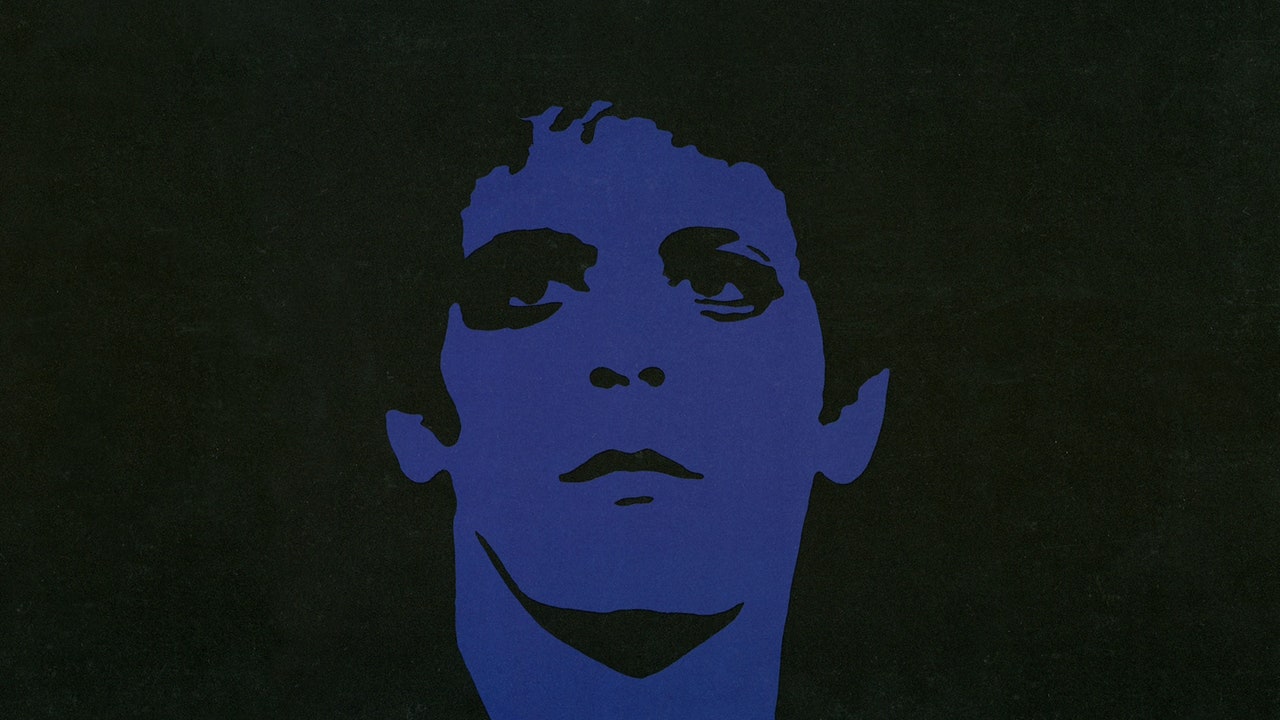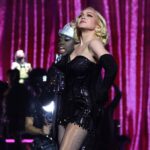All this to say that just before turning 40, Reed had established himself as one of the saddest burnouts of all time. Lacking artistic and commercial success, his hydraulic personality and self-destructive habits made him seem less like a rock star and more like an ordinary slob: someone who had taken what a generation of musicians dreamed of and traded it for what millions of idiots, violent addicts could not escape.
And then it fell The Blue Mask. It sounded different than he had done before, but it was unmistakably the same – the real Lou Reed that everyone recognized but no one could copy, a sound that was both new and a return to form. The first time I heard it, I assumed The Blue Mask was it ironic? the second time around, I began to suspect it was the least ironic album of all time. It is strange, concrete and painfully honest, ugly in places and beautiful in others: in other words, a story of redemption. What Reed had lost in the last decade, artistically, he regained.
What changed; First, he dramatically reduced his drug and alcohol consumption, although as with many addicts who get clean under their supervision, how close he got to zero BAC is unclear. He also married Sylvia Morales, a younger painter and poet, whom he met at CBGB in 1977. Mostly out of New York—Reed kept his Village apartment—the two lived together in Blairstown, New Jersey, in a house in the forest near a lake.
His first piece The Blue Mask, “My House,” is, at least on a literal level, about Reed's belief that this house in Blairstown is not only “very beautiful at night,” but also haunted by the spirit of his former college professor, the poet Delmore Schwartz. This idea is surprisingly self-centered, and that's how you know Reed was getting sober. Taking stock, he sings that he has “a lucky life/My writing, my motorcycle and my wife/And to top it all off, a spirit of pure poetry/Lives in this stone and wood house with me.” We can only imagine how thrilled Schwartz would have been to know that he was remembered as a figure of equal importance to Reed's motorcycle. But as with nearly every track on this album, the real subject of “My House” isn't the house or its fixtures. it is Reed's constant struggle to live productively among the furniture of his own mind.
This furniture is old but unfamiliar, as if Reed had woken up from a blackout and was looking at it for the first time—which, in many ways, he was. The alternately wholesome and agonizing experience of seeing oneself clearly is the central theme The Blue Mask, and is reflected in the alternately beautiful and grotesque sound of the instruments. These settings are even more expressive than words, if only because they convey a sense of meaning unbounded by meaning or circumstance and thereby parallel Reed's new dislocating sobriety. His unique sound The Blue Mask it provides a counterpoint to Reed's lyrics, pushing them over the line from kind of dumb to definitely dumb and therefore great.



